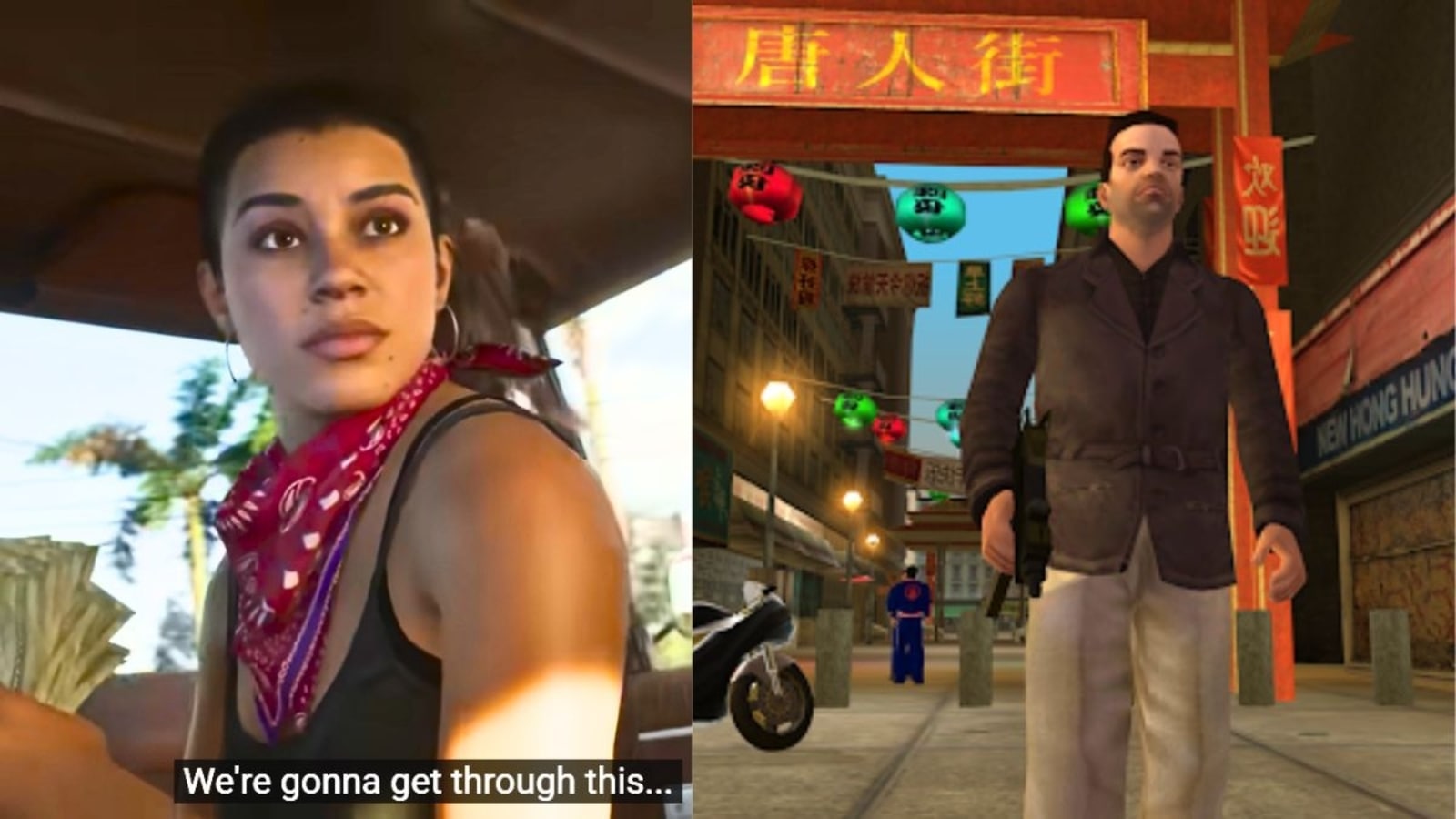There are two shows for the price of one at “Player Kings,” in which the director Robert Icke has combined both of Shakespeare’s “Henry IV” history plays into a self-contained whole.
The production offers a compressed version of the royal accession story that, in this version, runs nearly four hours. It is an opportunity to experience Ian McKellen’s unbridled love of performance. At 84, the production’s leading man possesses an energy and vigor that belie his years.
“Player Kings” — which runs at the Noël Coward Theater through June 22, before touring England — is the latest in a wave of recent high-profile Shakespeare productions in London. Uniquely among the other great British theater actors of his generation, McKellen still returns year after year to the stage, recently tackling Lear for a second time and playing an octogenarian Hamlet.
Perhaps inevitably, there’s a feeling of the star vehicle to this production. In the “sweet creature of bombast” that is this play’s John Falstaff, McKellen has an especially juicy assignment — an outsized character whose appetite for life matches the actor’s own gusto. We’re told that the ample Falstaff hasn’t seen his own knees in years, and when he sits, it looks as if he may never stand up. His mouth, however, seems always in motion, as if chewing food for constant fuel.
He’s also a necessary soul mate to the carousing, drug-using Prince Hal (the excellent Toheeb Jimoh, an Emmy nominee for “Ted Lasso”), whose coming-of-age story — becoming, as he puts it, “more myself” — connects these two “Henry IV” plays. But the roustabout Hal’s dawning maturity costs him the companion he once held dear.
“Banish plump Jack, and banish all the world,” says a wary Falstaff in the production’s second half, instructions Hal follows in one of the most ruthless of all Shakespeare’s scenes. And Jimoh — who played a notable Romeo last year at the Almeida — once again shows a fluency with Renaissance language that bodes well for his own Shakespearean future.
Icke hasn’t directed Shakespeare in London since 2017, when Andrew Scott was his Hamlet. Like that show, “Player Kings” uses modern dress, but it forsakes video and hand-held cameras for a comparatively straightforward approach; Icke’s directorial hand is less obvious in this production. Captions appear now and again above the stage to tell us where we are, and Hildegard Bechtler’s brick wall set features curtains pulled across the breadth of the stage to change locations.
Contemporary resonances are inescapable. Watching the party boy Hal of the earlier scenes, whose devil-may-care recklessness will fall away with time, you can’t help but think of Britain’s own Prince Harry, and his onetime reputation as a royal bad boy.
The aging King Henry (an ashen Richard Coyle) is a fretful, anxious figure who might send any child into the contrastingly exuberant embrace of Falstaff, who is a far more pleasing father figure. (Referencing the vilifications of “base news-mongers,” Hal, too, could well be admonishing today’s tabloid press.)
Icke’s adaptation never lets us forget that war is raging in the background. Rebellion, battle and bloodshed are rarely far from view, and there’s a disturbing moment — not to be revealed — in which Falstaff’s capacity for cruelty comes to the fore.
Part 2, as written, is the longer of the plays and can be the more satisfying: more poetic and reflective, less of a rowdy action movie in embryo. That isn’t the case on this occasion, where cuts suggest a desire to speed through to the ending, and the female characters — Doll Tearsheet (Tafline Steen) and Mistress Quickly (Clare Perkins) — seem sidelined in particular.
You come to miss, too, the feral presence of Hotspur (Samuel Edward-Cook), Hal’s rival whose death brings Part 1 to its climax. (The charismatic Edward-Cook doubles as Falstaff’s swaggering sidekick, Pistol.)
These shortfalls are unlikely to matter much to playgoers drawn by the above-the-title star, who has waited a lifetime to play Falstaff after playing two other roles in Part 2 during his student days: Indeed, McKellen’s biography in the playbill cites only his Shakespeare credits — a singularly impressive list.
McKellen revels at every moment in the language that pours luxuriantly forth from Falstaff, whose fondness for verbal embellishment and exaggeration is part of his charm. But you equally feel the neediness that propels Falstaff to savor every experience, carnal ones included.
Why not, then, hand this role over to a life force of the English theater? “You bear your years very well,” Justice Shallow (Robin Soans) says in greeting the wild-haired Falstaff midway through Part 2. His audience would surely drink to that.
Player Kings
Through June 22 at the Noël Coward Theater in London, then touring; playerkingstheplay.co.uk.






















